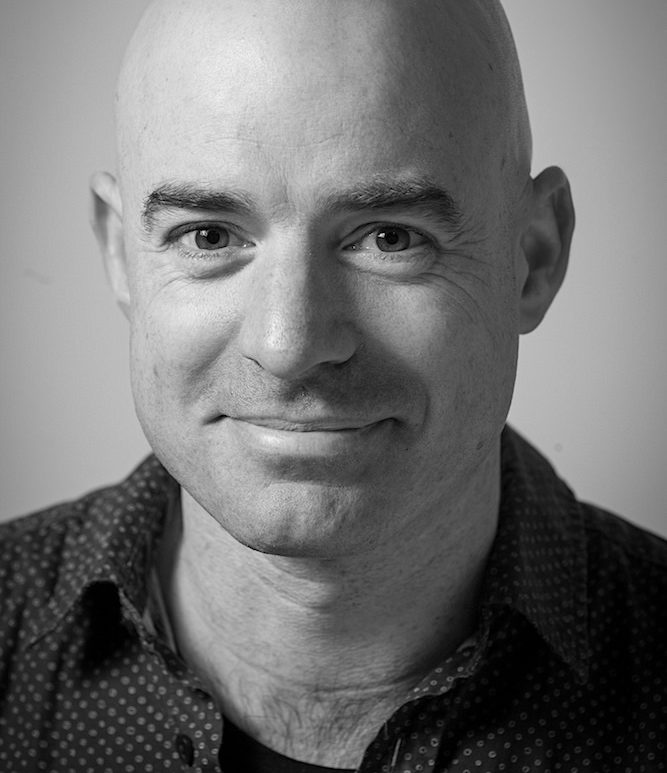i newspaper and inews online 18th September.
Perhaps the most dangerous sentence in the English language right now is “What difference can I make?” Dangerous, because if that is the widespread response to the challenge of rapidly reducing carbon emissions, then we have already lost any chance of securing a safe future. Our civilisation is on a direct collision course with the climate and it’s going to be a Herculean task to turn it around.
The irony of course is that the worse things get, the larger the problem looms, the more likely it will be said. Or at least thought. I wonder how many times it comes into the minds of even the most committed climate campaigners. How many of the Extinction Rebellion protesters that were dragged off Waterloo Bridge or elsewhere in London, handcuffed and put in the back of a police van earlier this year, just for a moment, asked themselves what difference could they make?
The problem of climate change appears to be a complex mess of interacting issues. Fossil fuels still permeate almost everything that we do. When you start pulling on one part of decarbonisation, other problems bunch up, such that the situation becomes even more tangled.
It’s tempting to hope that a transformative innovation is close to hand. Some new technology that will simply cut through the knot of issues and leave them irrelevant. Nuclear fusion that would provide effectively unlimited carbon-free energy. Negative emissions that will suck out carbon dioxide directly from the Earth’s atmosphere and so move us back from the brink.
‘What you don’t do, can’t do, is see a route through the mess to the final solution’
If you are sceptical about such sweeping solutions, then the only alternative seems to be despair. You look at your life, your choices, perhaps some of the sacrifices to limit your impacts on the climate, and compare them to how much needs to be done.
What difference can I make to this global issue? And the answer to that question is: practically nothing. Even the most powerful people are tightly constrained in what they can achieve. Barack Obama was one of the most engaged US Presidents on climate change, and yet he made very few inroads into the problem, because climate-friendly policies face two major headwinds in the USA and elsewhere.
The first is the consortium of powerful organisations that lobby political parties to delay modest proposals such as carbon taxes, let alone more radical ideas like carbon rationing. Second, and I would argue much more important, is the lack of voter support. Who would vote for higher taxes to save the lives of people who are potentially far away from us?
Rather than shy away from these complexities, perhaps looking at the climate challenge like a knot could help motivate the sort of collective action that’s urgently needed. You don’t fix a knot by pulling harder on it. This just tightens the coils and leaves you with a more difficult problem.
What you do is find a very small part of the tangle and gently ease out some slack. That frees up another clump. And then another. The approach is simple. Crude. It is to focus on a tiny fraction of the problem. What you don’t do, can’t do, is see a route through the mess to the final solution. If you wait to figure that out you will never get started.
Herein lies our power. Because without those repeated small actions, there is no solution. Without many hands making continual tugs and pulls and nudges on the climate problem, then we will continue to march towards disaster. Your contribution may be to literally lay down your liberty for climate justice. Or it may be to change your diet, fly less, become a more informed voter. To strike on 20th September.
And our politicians, empowered by our actions, can make changes through laws and economic incentives. Our individual bottom-up actions will join up with political top-down actions. We want to meet where we all take a fair share of the roles and responsibilities. Some will take up more of the burden. But if their lead is followed by many others, then their sacrifice will have been worth it. What won’t work is waiting for someone else to take the lead. Or assuming that politicians alone have to sort this mess out. Or that having a very small personal carbon footprint will be sufficient.
The question “What difference can I make?” is dangerous. And wrong.
The question that we should be asking ourselves is “What difference can we all make?” The answer to that, of course, is: all the difference in the world.
